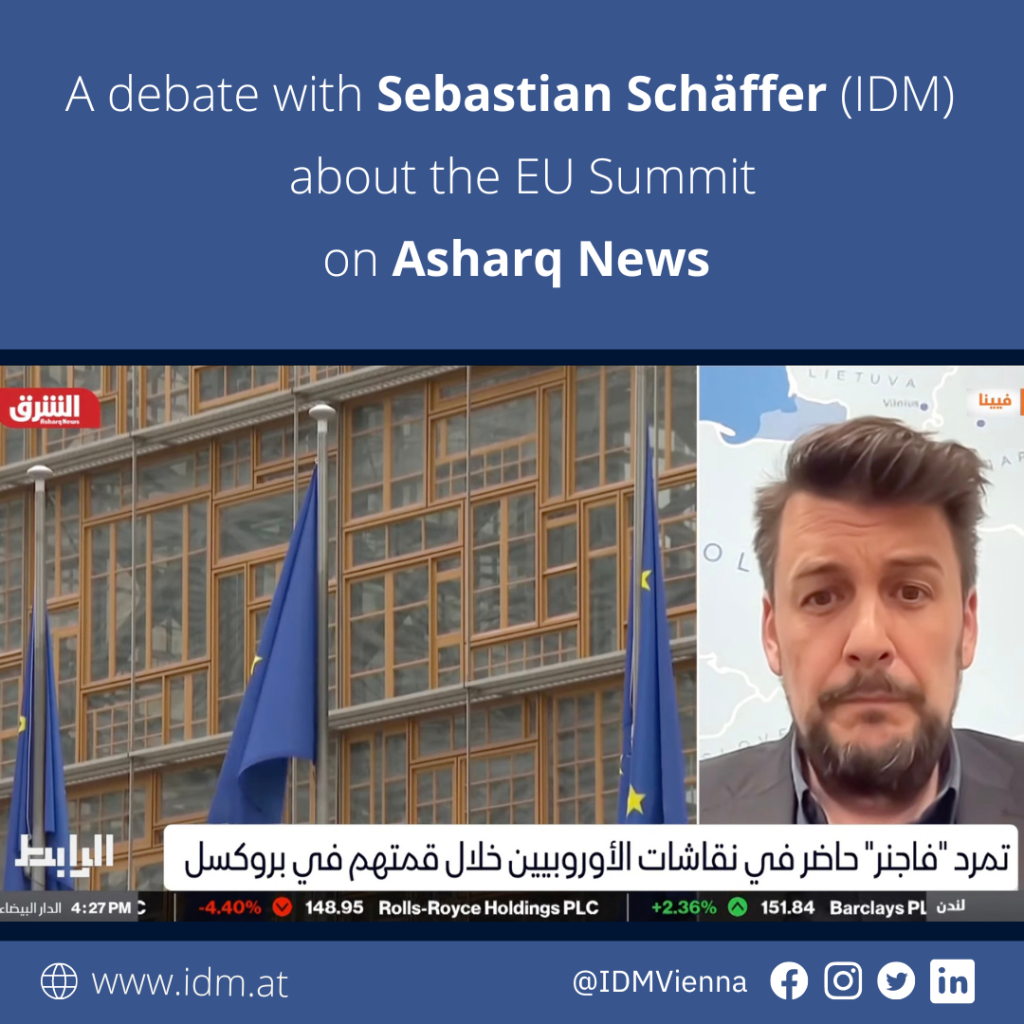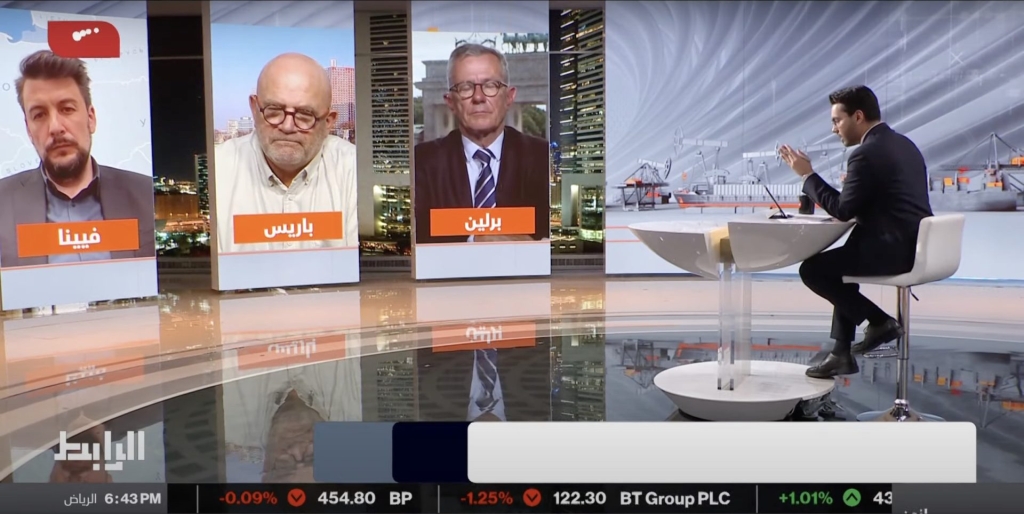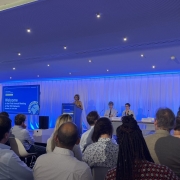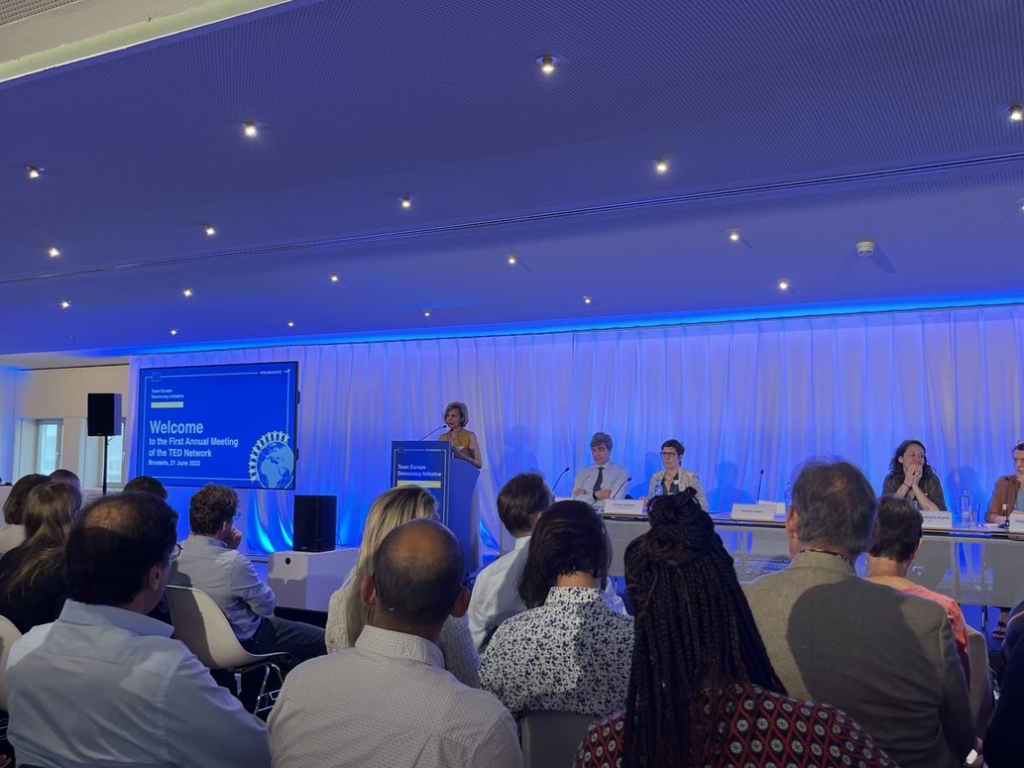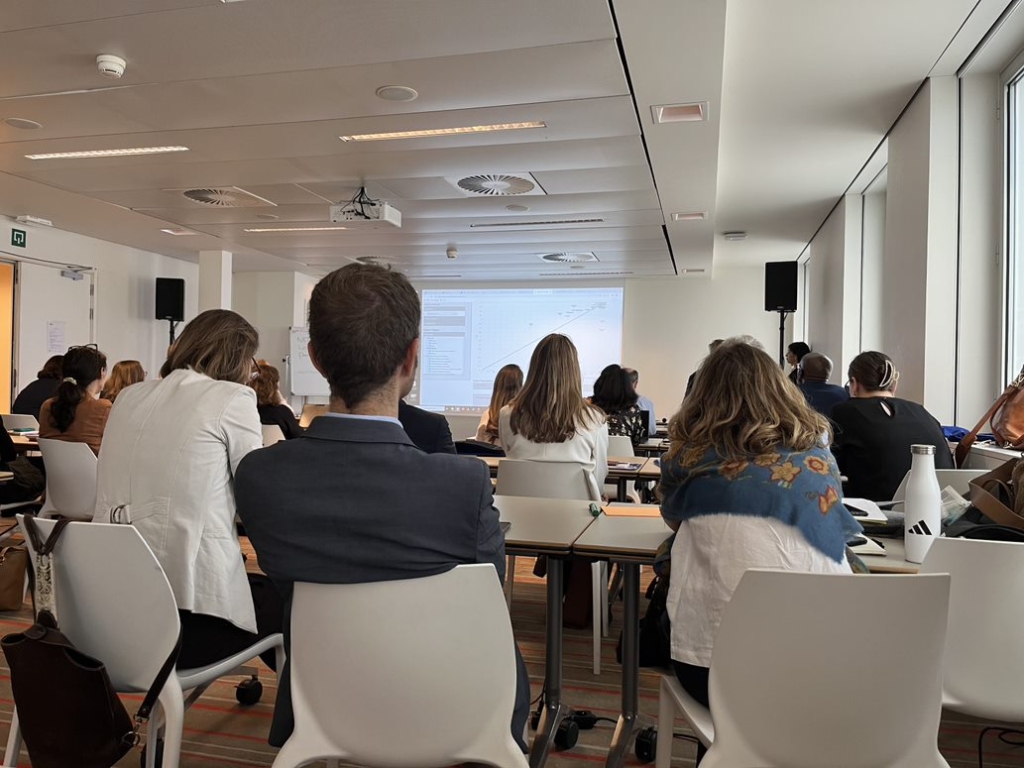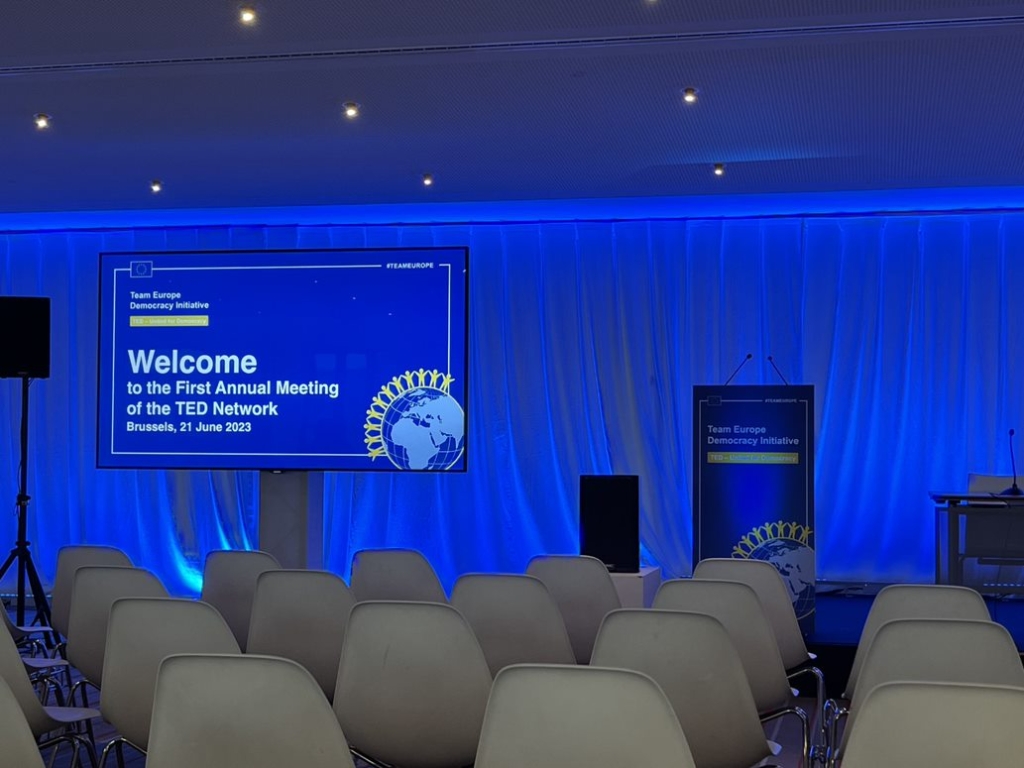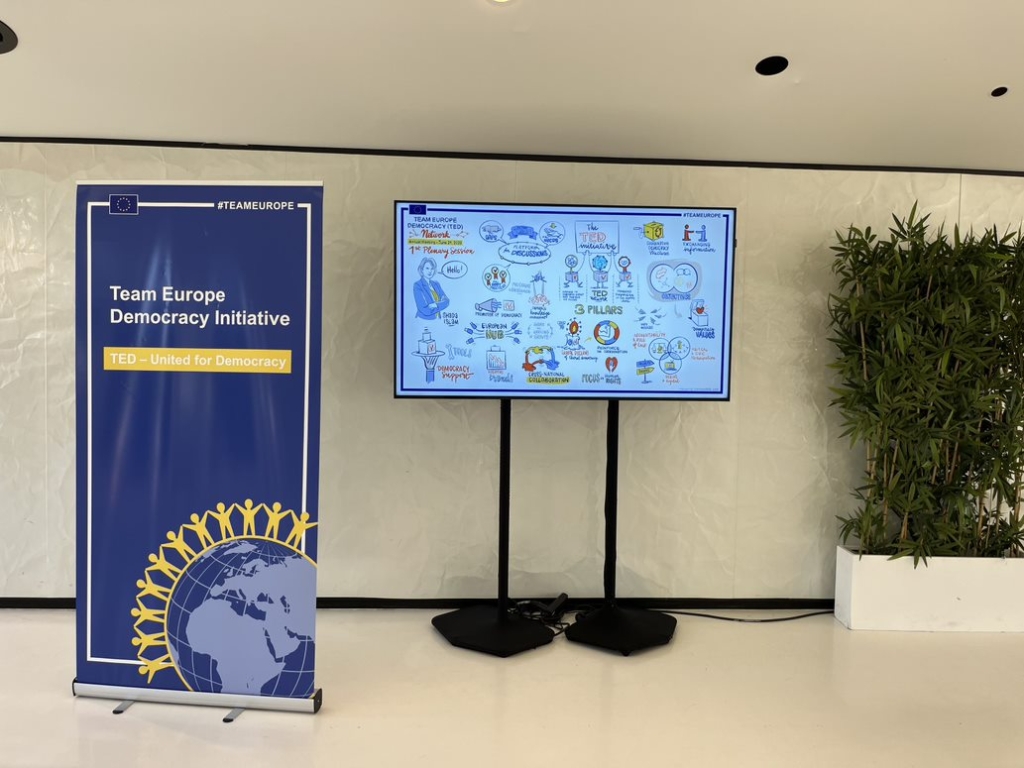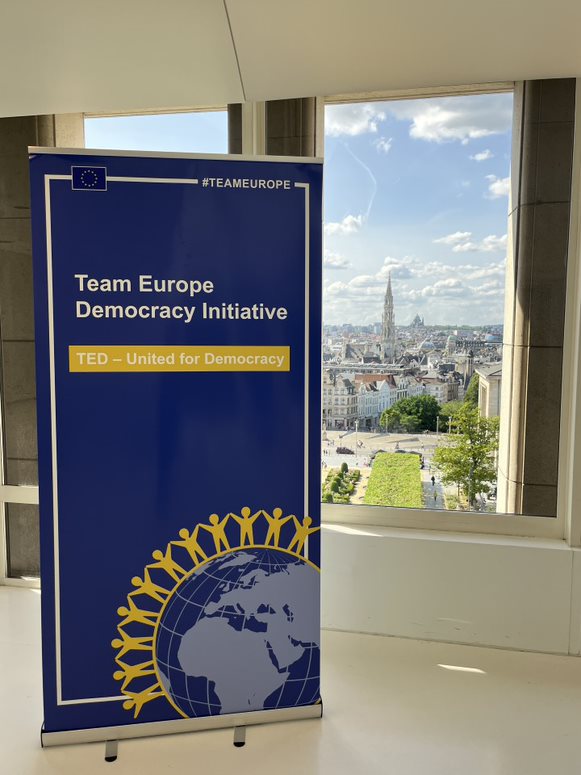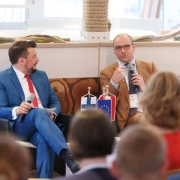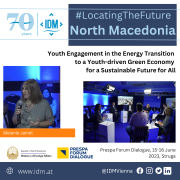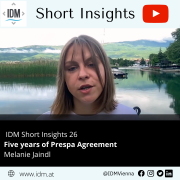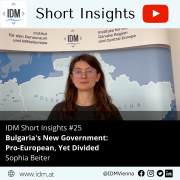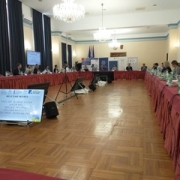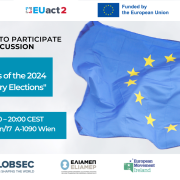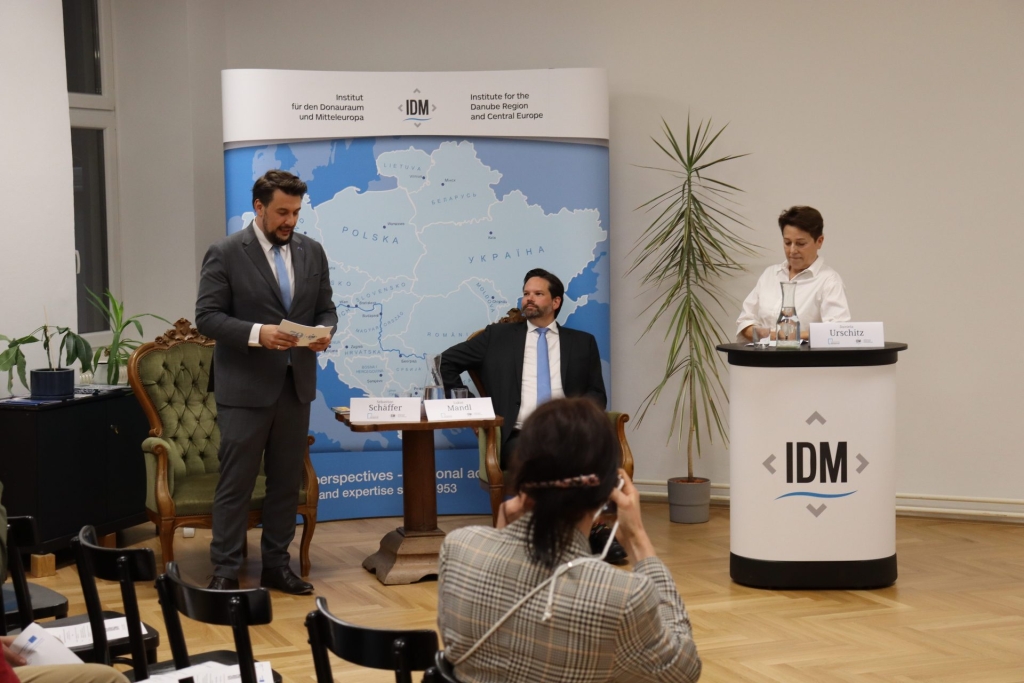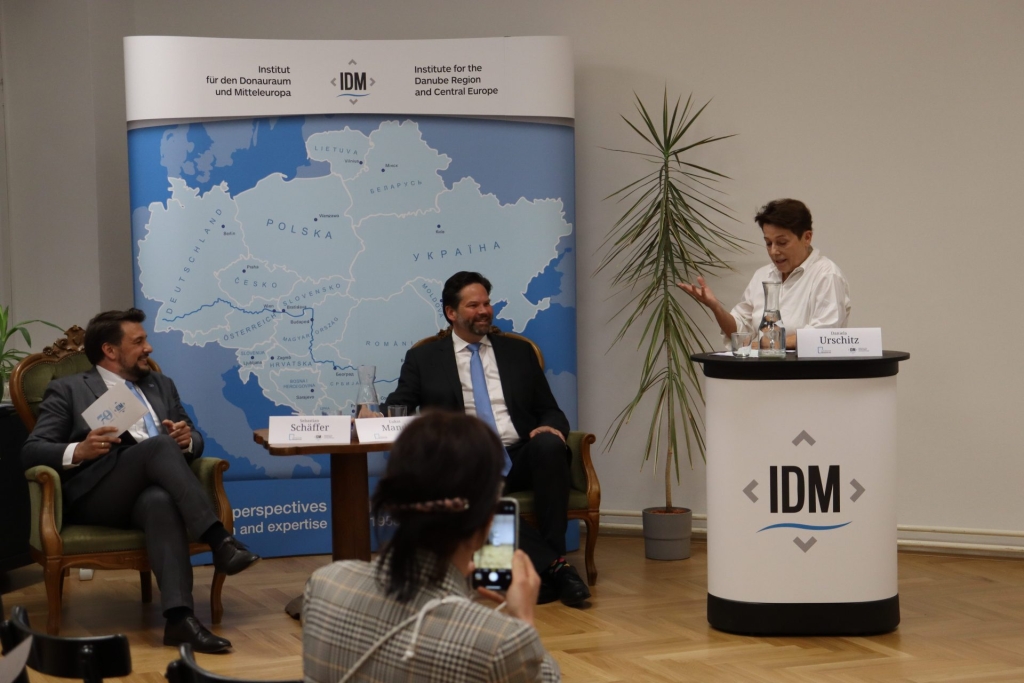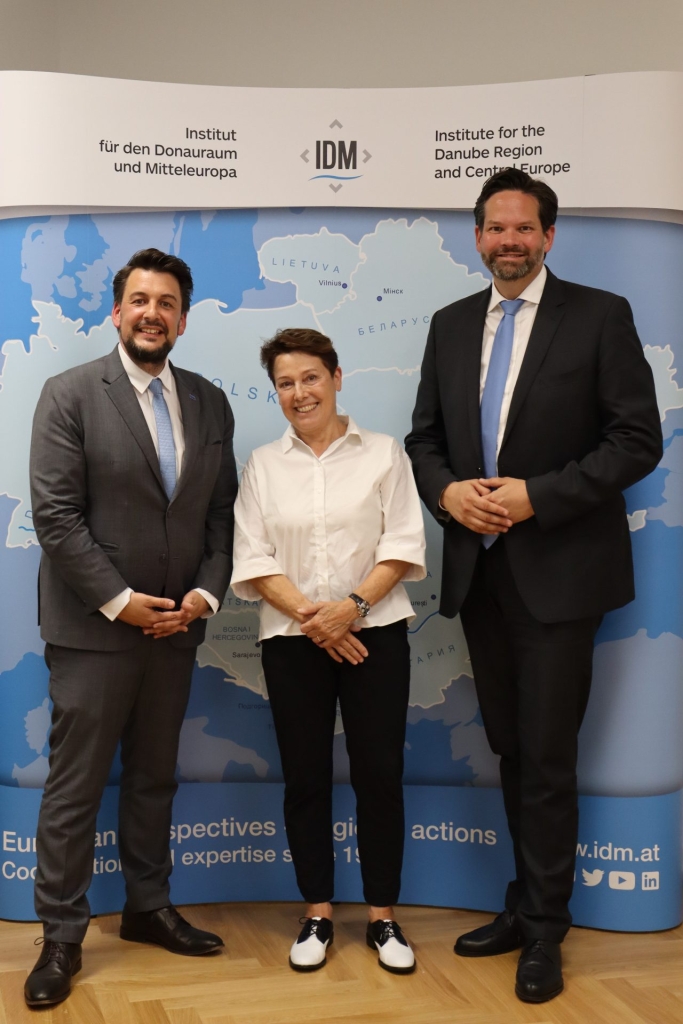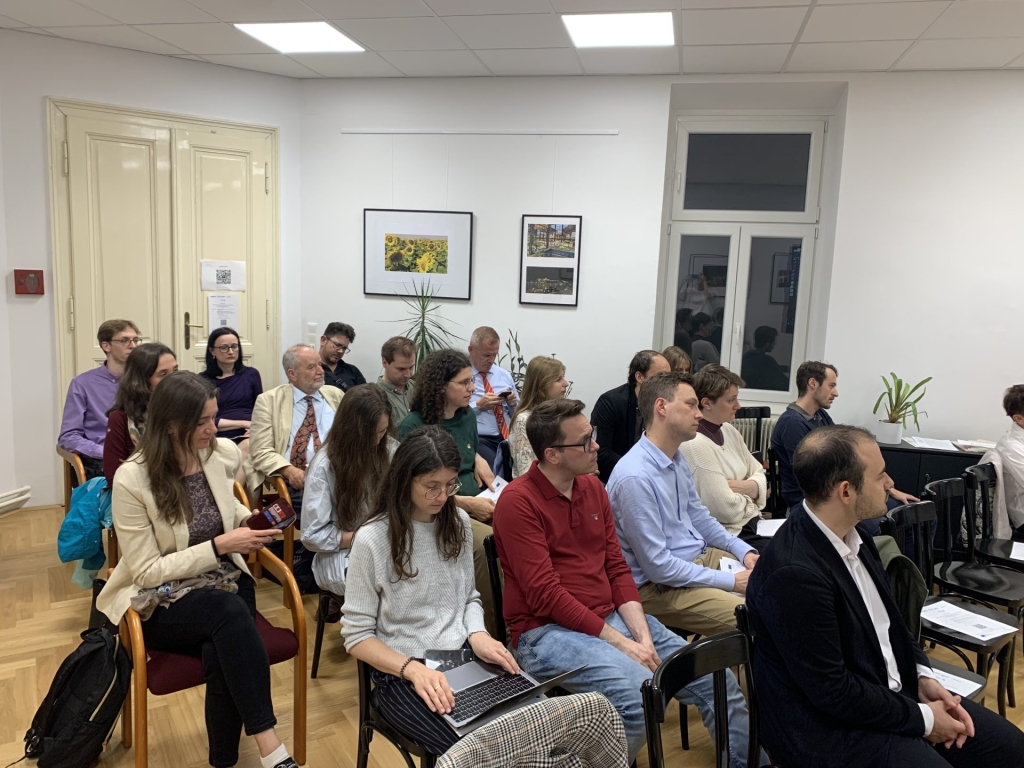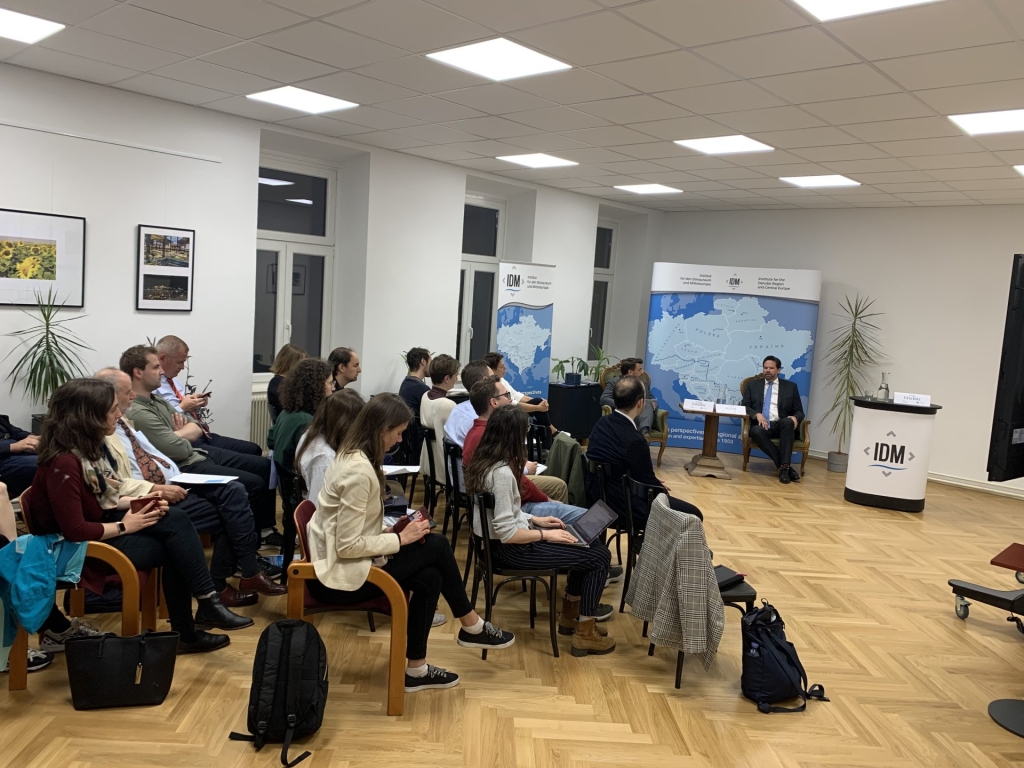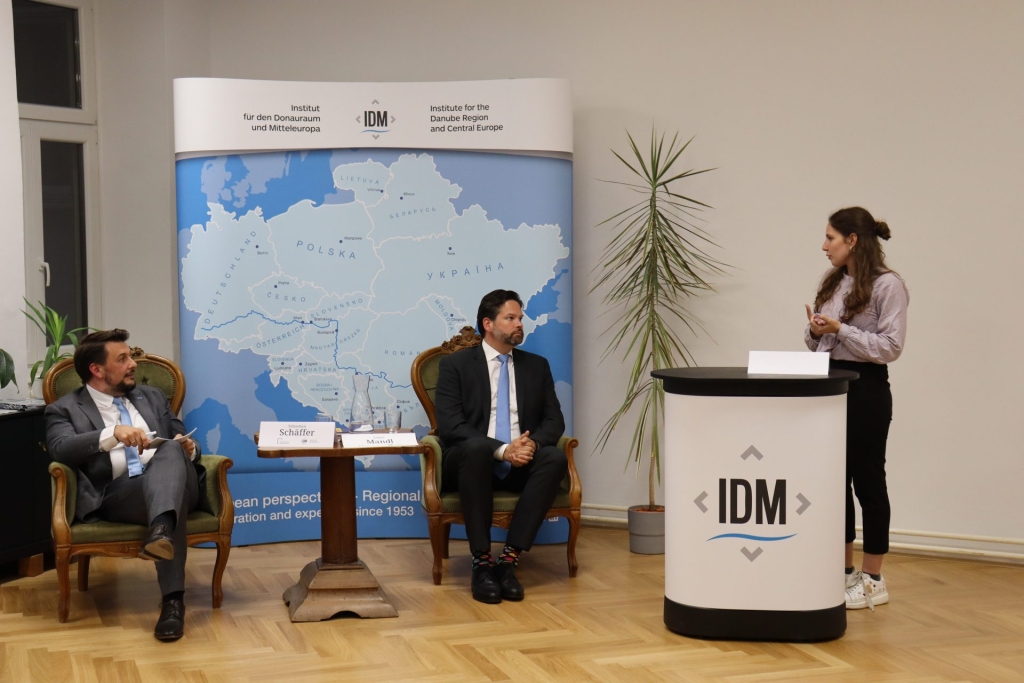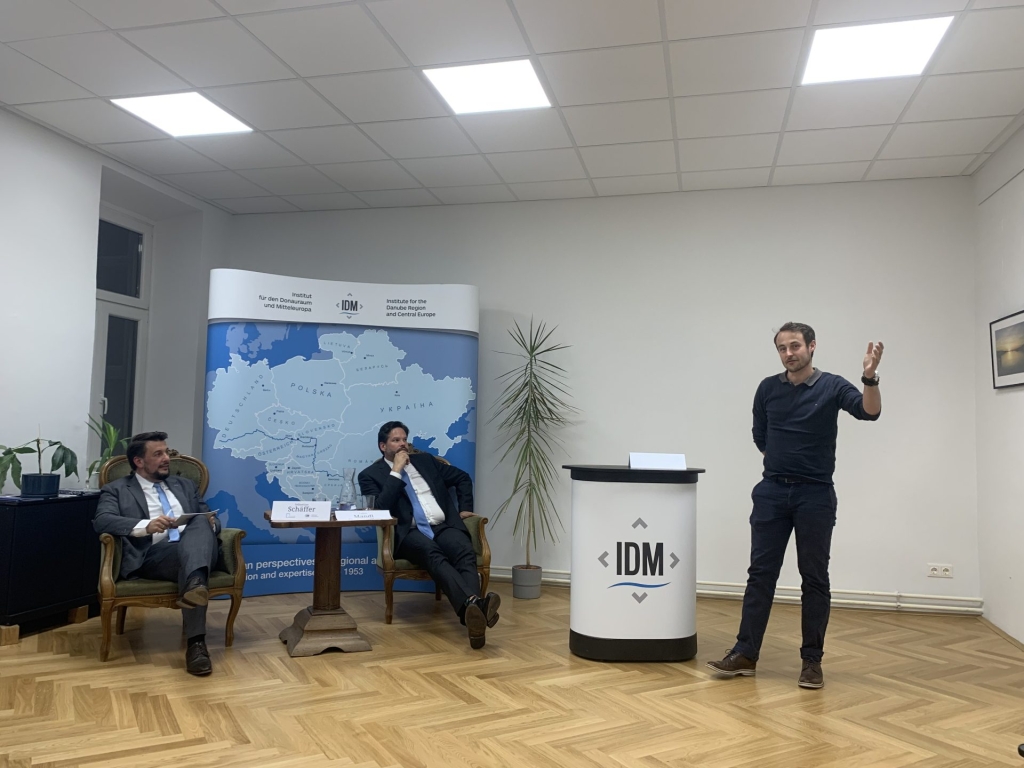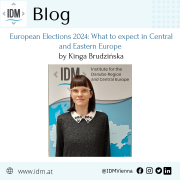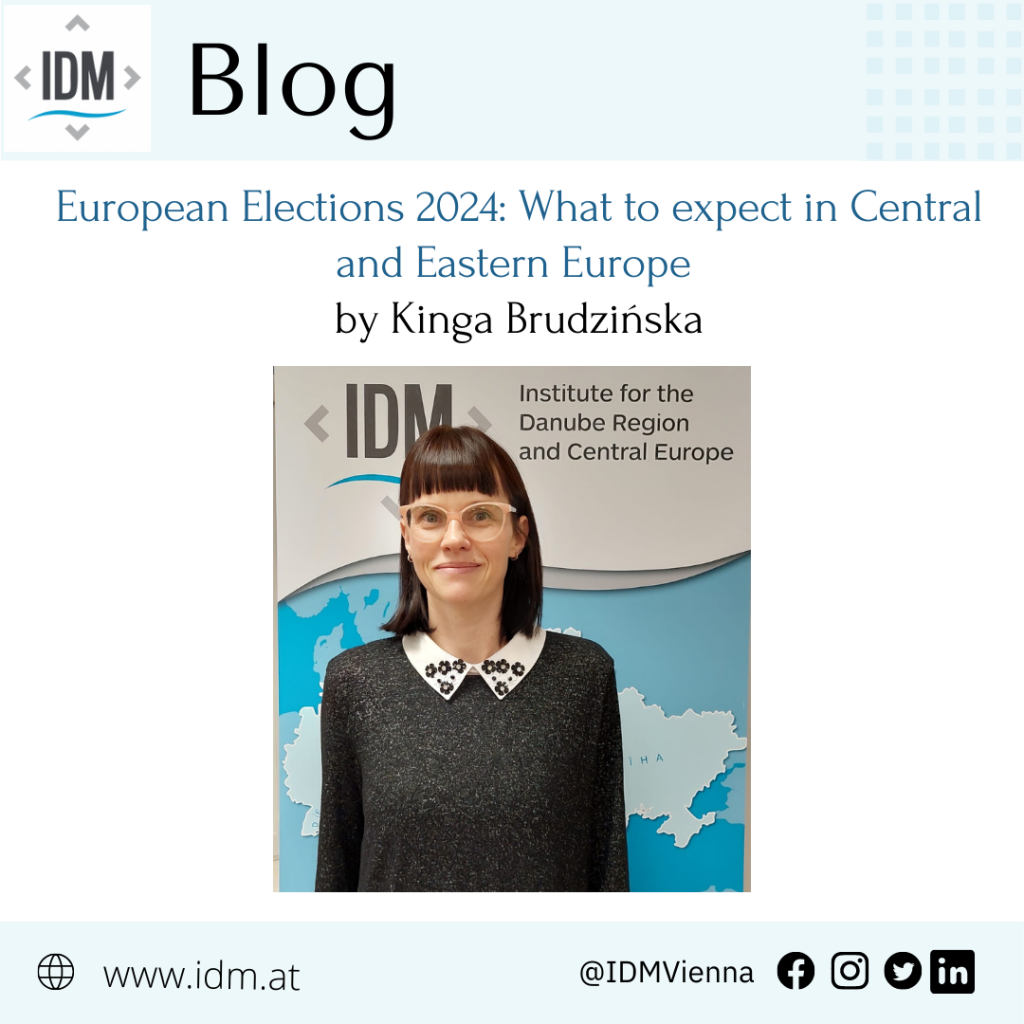
The EU has recently approved the dates for the next European parliamentary elections for 6-9 June 2024. On these dates, the Europeans will determine who will sit in the European Parliament for the next five years (2024–2029). The elections simultaneously imply changes in the political leadership in other EU institutions, including the Commission.
Apart from 223 Central and East European (CEE) members of the European Parliament (who constitute 32% of all MEPs), eight of the twelve commissioners from CEE have a low chance of being re-elected. Given this rather significant future re-structuring, one would expect that the discussions about European affairs will heated and the race for European posts competitive.
Here is what you need to know about the patterns and preferences in CEE when it comes to EU elections.
First, despite positive attitudes about the EU membership, the turnout in EU elections is historically low. On average 56% of CEE respondents say their country’s membership of the EU is a good thing. This is only 5% below average for the EU27. But while the EU average is 50.6% (in the 2019 elections), turnout in the last EU elections was only 38.8% in CEE.
Respondents are most likely to think that EU membership is a good thing for their country in Lithuania (79%), Estonia (66%) and Poland and Latvia (both 65%) compared with 42% in Austria, 46% in Romania and 44% in Slovakia. The highest election turnout is registered in Austria (60%), Lithuania (53%) and Romania (51%). This is in contrast to Slovakia (23%), Czechia and Slovenia (29% each) and Croatia (30%), where the numbers are the lowest.
Interestingly, in Austria, where the EP election turnout (60%) is the highest, the country has the fewest people (42%) in the whole of CEE think who think EU membership is a good thing. Similarly in Romania, while 51% citizens cast their ballots in the EP elections, 46% think EU membership is good for their country (one of the lowest in CEE). On the opposite end of the spectrum is Slovakia, which has the lowest turnout in EP elections (23%) and lowest support for the EU (44%).
Second, CEE citizens tend to be uninvolved in EU affairs and they prefer national rather than EU elections. In general, only 46% (as opposed to 54% on EU average) from CEE are interested in the EU elections in 2024. Only less than four in ten respondents in Czechia, Slovakia (both 27%), Estonia (37%) say they are in interested in the next European elections. Those are the lowest numbers in the whole of the EU. The most excited are Hungarian (59%), Poles and Austrians (both 58%). When it comes to preferences of national rather than EU elections, the lowest difference (which means people are more likely to go to vote in EU elections) are in Romania (national 50%, EU 41%) and Hungary (national 65%, EU 52%). The largest gaps are again registered in Czechia (national 64%, EU 28%), Slovakia (national 58%, EU 26%), and Latvia (national 70%, EU 39%).
Third, most CEE citizens have a neutral view on the European Parliament (43%). Views are most positive in Romania (46%), Bulgaria and Croatia (40% each) and Poland (39%). The most negative are again in Czechia and Slovakia (26% each), but also in Austria (21%), Romania and Hungary (19% each).
Fourth, there are still plenty of myths about the European institutions. For example, that the European Parliament: “has no real power”, “is just a talking shop”, “is a place to make money by national politicians”, that “Member States are under a Brussels diktat’” or that the EU is a ‘bureaucratic monster’ are commonly spread among CEE citizens. The “Qatargate” scandal does not help in building trust and confidence in the European Parliament, or the EU as such. As a result, there is no room for genuine discussions on EU treaty reform, electoral reform (transnational lists), the lead candidate, or ”Spitzenkandidaten”.
Fifth, some CEE governments thrive on conflicts with the EU. The EU bashing makes rational discussion about the EU impossible. Anti-European ruling parties such as Hungarian Fidesz or Polish Law and Justice (Prawo i Sprawiedliwość) send to Brussels and Strasbourg their representatives, who embrace the art of the electoral obstruction, refuse to admit the legitimacy of the European institutions while they happily accept generous remuneration from the EU institutions for their work. If Poland and Hungary do not change their collision course with the EU, the upcoming European elections might be the last before the Euroscepticism blossoms for good in those countries.
Sixth, CEE is far from homogeneous, especially when we add Austria to the mix. This is true for topics such as Russia’s aggression against Ukraine (for example Hungary’s Russia-friendly stance as opposed to hawkishly anti-Russian Polish policy), democracy and the adherence to rule of law (issues in Poland and Hungary in comparison to the Czech Hevellian policy), action against climate change (important for Austria (76%) but only 44% for Estonia), migration policy (extremely important for domestic politics in Austria (74%) and Hungary (75%)) or EU enlargement (supported by 73% in Poland and Lithuania, but only by 37% in Austria).
When it comes to the most pressing concerns in CEE that could potentially become the themes of the next European political campaign, they include the rising cost of living, Ukraine and the potential spread of the war to other countries, migration and Schengen zone enlargement, future EU enlargement and the risks to common European values such as freedom and democracy.
Other more specific issues could include:
- Support for the economy and the creation of new jobs is the priority topic for 42% in Croatia, 39% in Estonia, 37% in Latvia and Romania.
- The fight against poverty and social exclusion are the most mentioned topics in Lithuania (50%), Bulgaria (44%) and Slovakia (39%).
- The EU’s autonomy in the field of industry and energy is considered the top priority in Czechia (49%) and is also chosen by 30% in Estonia.
- Public health ranks first in Slovenia (42%) and Hungary (40%).
- The EU’s defence and security, which was chosen as priority topic for 35% in Poland.
- Interestingly, Austria is again an outlier here, as action against climate change was highest mentioned in Austria (38%). Other CEE countries do not rank this topic high among their concerns.
In short, one year is a long time and creating a list of themes of electoral campaign would be only a guessing game. There is no doubt that the electoral discourse and priorities will be shaped by public sentiment, domestic policies, and regional dynamics leading up to the European parliamentary elections in 2024.
But if the politicians want to engage with the citizens and motivate them to vote, they should start work now. If not, citizens in CEE will remain uninterested and uninvolved, and keep seeing the EU mostly as economic union that provides material benefits. As a result, even if the race for prestigious and lucrative European posts will be competitive, the discussions with the general public will not be heated at all, and the region will be the laggard in the EU elections turnout. They will be lucky if citizens even show up at the events during the EU political campaign.
Author: Kinga Brudzińska
